Have you ever felt a gentle purr vibrating against your chest after a tough day, as if your cat somehow understood exactly what you needed? There’s something almost magical about the bond between emotionally aware people and their feline friends. Cats have a mysterious way of sensing feelings, comforting with their quiet presence, and teaching us more about ourselves. Their subtle, knowing glances and soft, rhythmic purrs can turn any home into a sanctuary of calm and understanding. If you’ve ever wondered why so many emotionally intelligent people gravitate toward cats, you’re about to discover a world where empathy is shared in silence and affection is shown in the smallest gestures.
Cats Recognize and Respond to Human Emotions

It’s astonishing how in tune cats can be with the moods of their human companions. Studies and countless personal stories reveal that felines notice when their people are upset, anxious, or happy. If you’re crying or feeling stressed, your cat might approach you quietly, nuzzle your hand, or curl up beside you, offering silent support. Emotionally intelligent people often pick up on these subtle responses, realizing that their pets are not just passive observers but active participants in their emotional lives. This mutual sensitivity forms a foundation of trust and understanding, making cats the perfect partner for those who value emotional connection.
Low Maintenance, High Emotional Reward

Unlike some pets that require constant attention and energy, cats offer comfort and companionship with relatively little demand. Their independent nature means they don’t need to be walked or entertained nonstop, which suits emotionally intelligent owners who crave meaningful interaction but also appreciate personal space. The balance between independence and affection makes living with a cat both calming and deeply rewarding. Just a few minutes of gentle stroking can lower stress levels and foster a sense of well-being, creating a harmonious environment at home.
Cats Encourage Mindfulness

Being around cats often encourages us to slow down and be present in the moment. Watching a cat stretch lazily in a sunbeam or chase a dust mote with intense focus is a lesson in mindfulness itself. Emotionally intelligent individuals recognize and value this gift—cats help their owners escape the rush of daily life and savor simple, quiet moments. Their gentle routines and tranquil demeanor invite us to pause, breathe, and center ourselves, making every day feel a little bit more peaceful.
Nonverbal Communication Champions
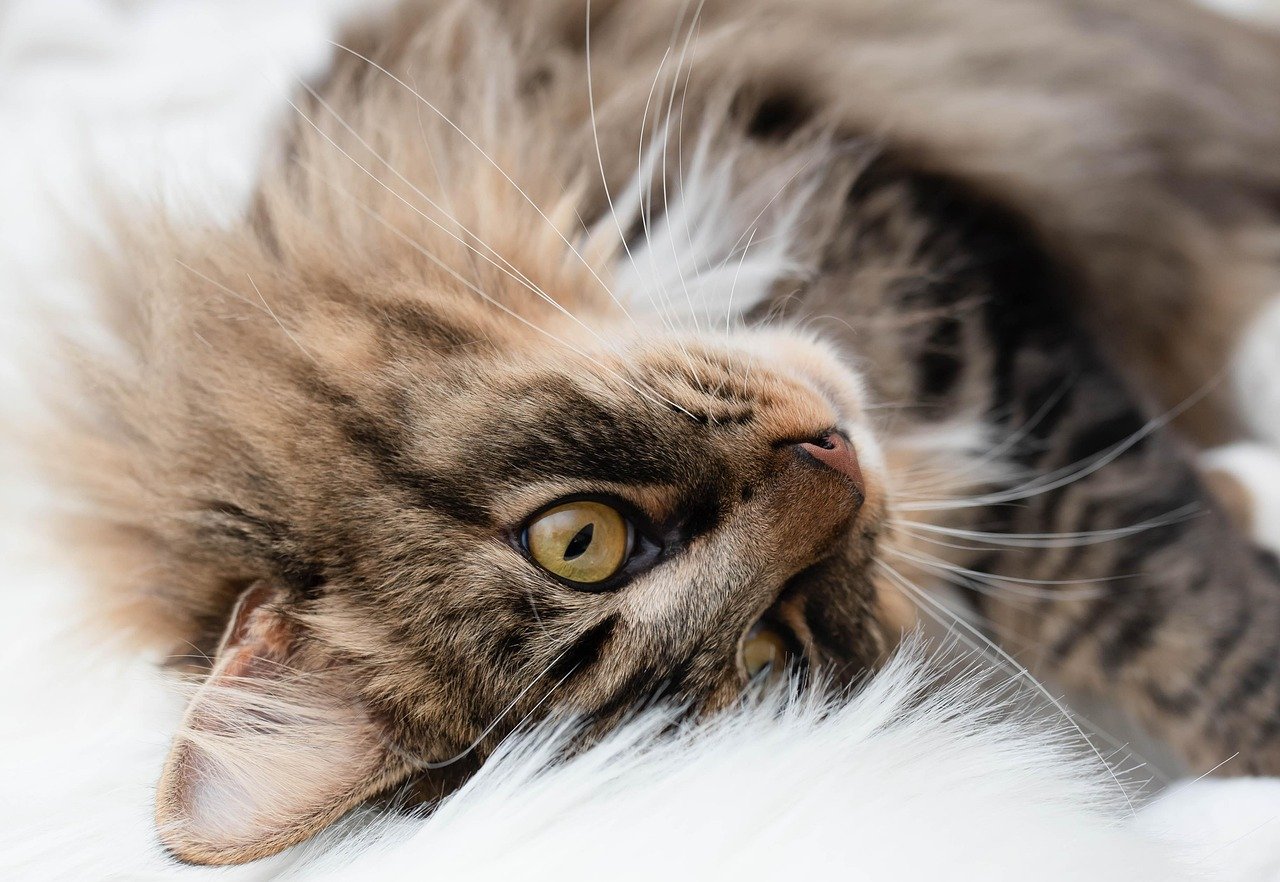
Cats are masters of nonverbal communication, relying on body language, eye contact, and subtle vocalizations to express themselves. Emotionally intelligent people, who are often skilled at reading social cues, find it easy and natural to bond with cats. A flick of the tail, a slow blink, or a soft meow can speak volumes. This unspoken dialogue fosters a deeper, more intuitive relationship, where feelings are shared and understood without a single word.
Perfect for Introverts and Empaths

Those with high emotional intelligence often need time to recharge and process their thoughts. Cats are uniquely suited to this lifestyle, offering quiet companionship without overwhelming their owners. They’re content to share silent moments, providing comfort simply by being near. For introverts and empaths, this creates a safe space to relax, reflect, and restore energy. The presence of a cat can feel like a gentle embrace—a reassuring reminder that you’re not alone, even when words aren’t necessary.
Respectful of Personal Boundaries

Cats are famously selective about when and how they interact, and they extend the same courtesy to their humans. They don’t demand constant affection and often respect your need for personal space. This mutual understanding is especially valued in emotionally intelligent homes, where boundaries are honored and everyone’s needs are considered. Living with a cat teaches the importance of consent and mutual respect, reinforcing healthy emotional habits that extend beyond pet ownership.
Natural Stress Relievers
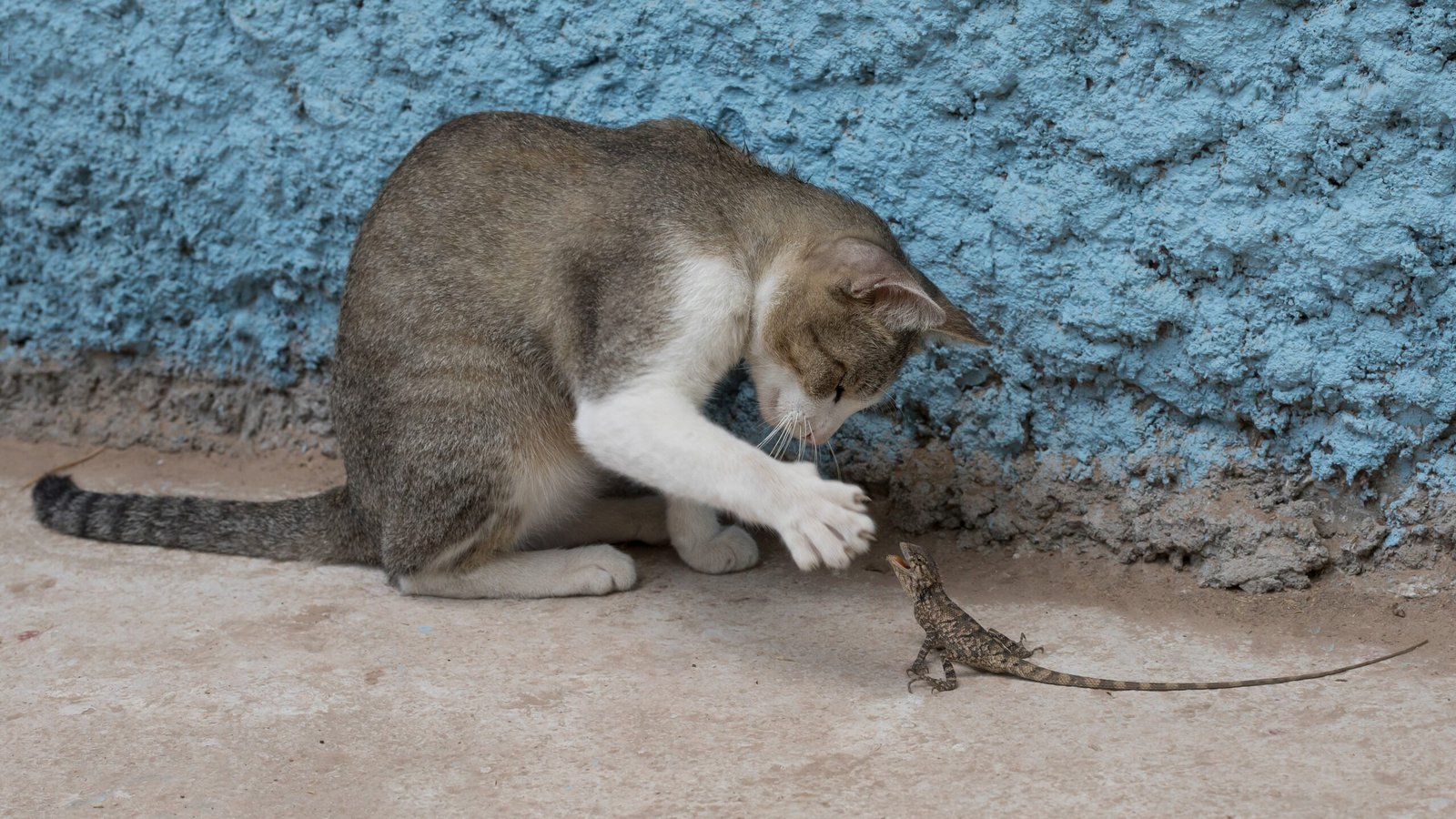
Few things are as comforting as the soothing vibration of a cat’s purr. Scientific research has shown that interacting with cats can lower blood pressure, reduce anxiety, and trigger the release of calming hormones in the brain. These furry therapists seem to know exactly when you need a little extra TLC. Their calming presence can help emotionally intelligent individuals navigate life’s ups and downs, transforming even the most stressful day into a moment of peace.
Fostering Empathy and Compassion

Caring for a cat requires patience, empathy, and a willingness to understand needs that are often unspoken. Emotionally intelligent people thrive in this environment, using their natural empathy to tune into their cat’s moods and preferences. In turn, cats reciprocate this care with gentle affection and loyalty. This cycle of empathy and response strengthens the bond between pet and owner, nurturing a household where kindness and understanding are the norm.
Encouraging Healthy Routines
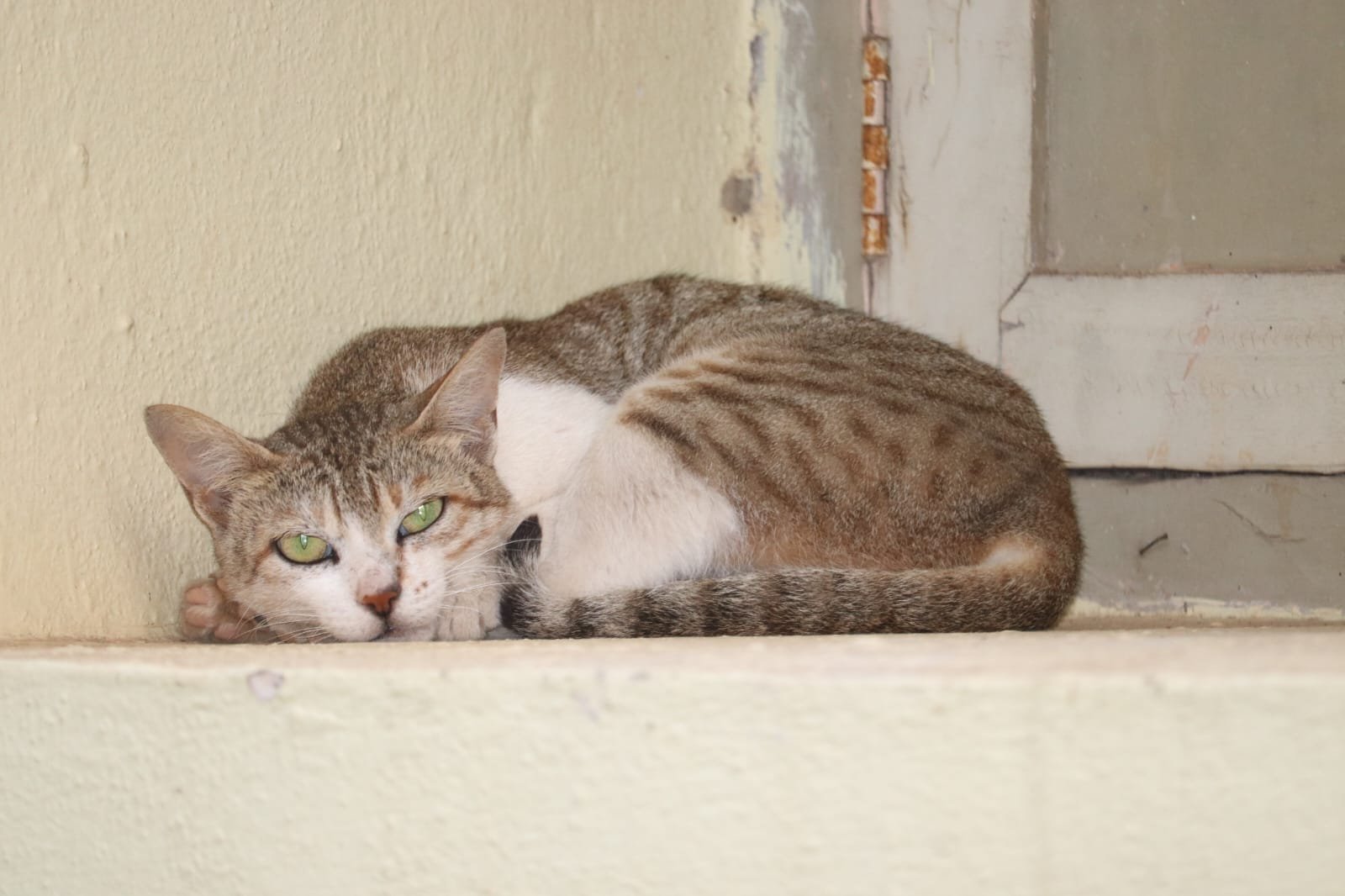
Cats love routine—from mealtime to playtime to quiet moments cuddled up together. Emotionally intelligent owners often appreciate the stability that these daily rituals provide. Predictable routines can help manage anxiety and create a sense of order in a busy world. When a cat expects breakfast at dawn or a play session in the evening, it gently nudges its owner toward healthier habits, grounding the day in a comforting, familiar rhythm.
Helping to Combat Loneliness
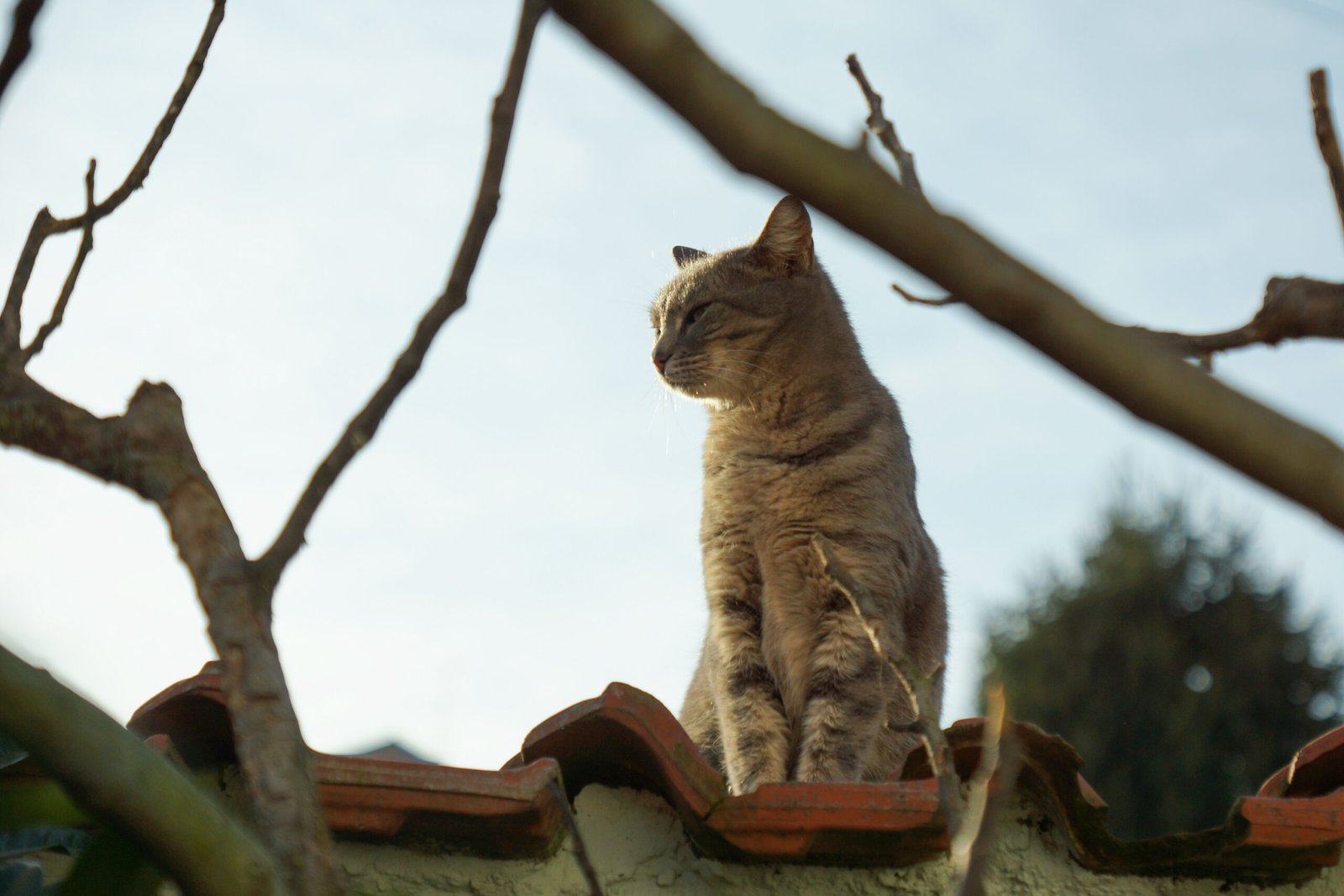
For anyone who has ever felt the ache of loneliness, a cat can be a lifeline. Even though they aren’t always overtly affectionate, cats have a way of making their presence felt. Their quiet companionship fills a home with life and warmth, making even the quietest nights feel a little less empty. Emotionally intelligent people often form deep, meaningful connections with their cats, finding solace in shared glances, gentle purrs, and the simple act of caring for another living being.
Inspiring Creative Expression
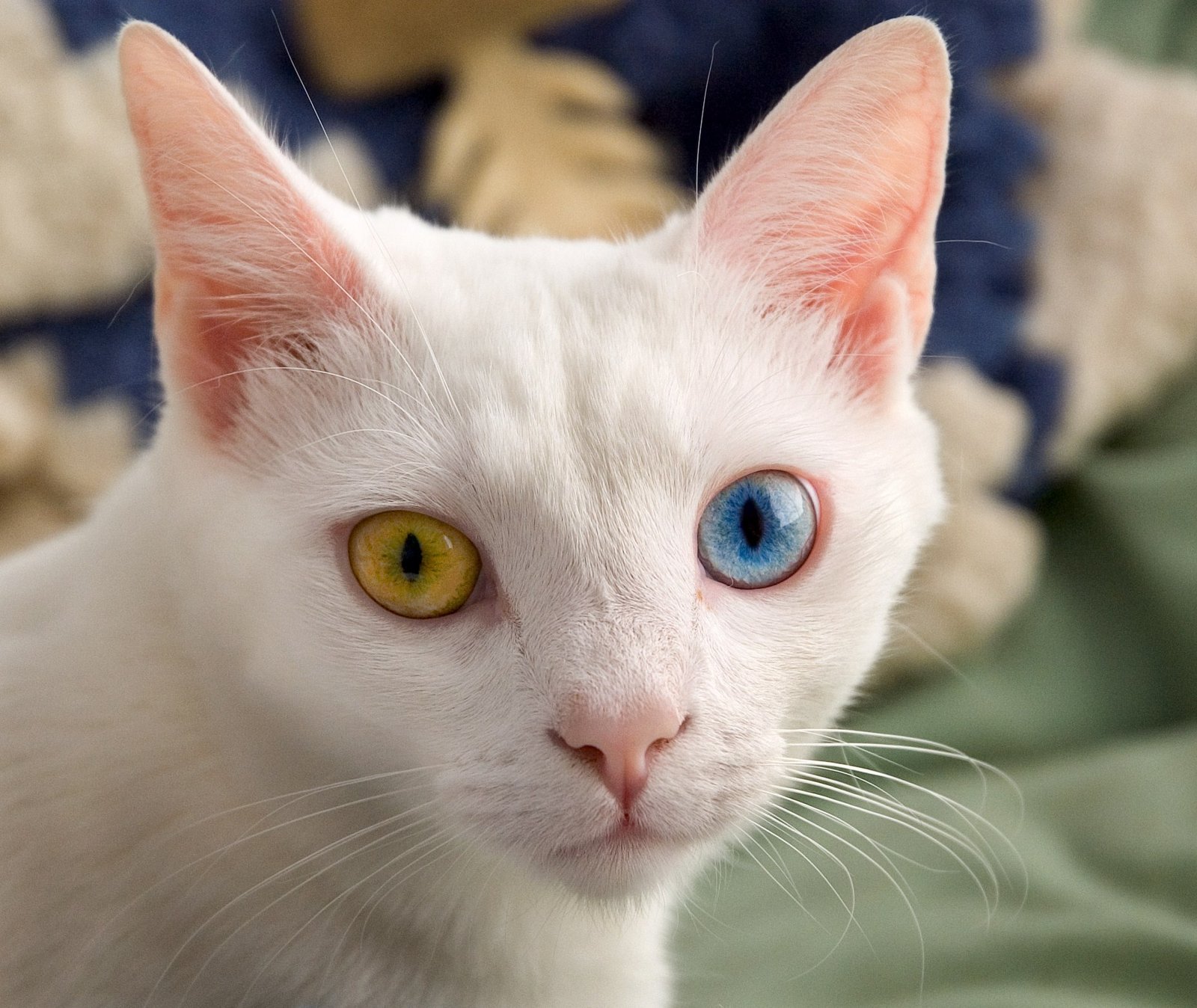
There’s a reason cats have inspired poets, writers, and artists for centuries. Their mysterious personalities and graceful movements spark the imagination. Emotionally intelligent individuals, who are often creative by nature, find endless inspiration in their feline companions. Whether it’s writing a story about a cat’s midnight adventures or capturing their beauty in a painting, cats encourage self-expression and artistic exploration.
Promoting Nonjudgmental Acceptance

Cats love their people just as they are—no explanations, no expectations, just pure acceptance. This nonjudgmental attitude is especially comforting for emotionally intelligent individuals, who may be sensitive to criticism or misunderstanding. With a cat, you can be yourself completely, knowing you’re valued for who you are. This unconditional acceptance fosters confidence and self-love, turning a house into a true emotional haven.
Teaching Patience and Understanding
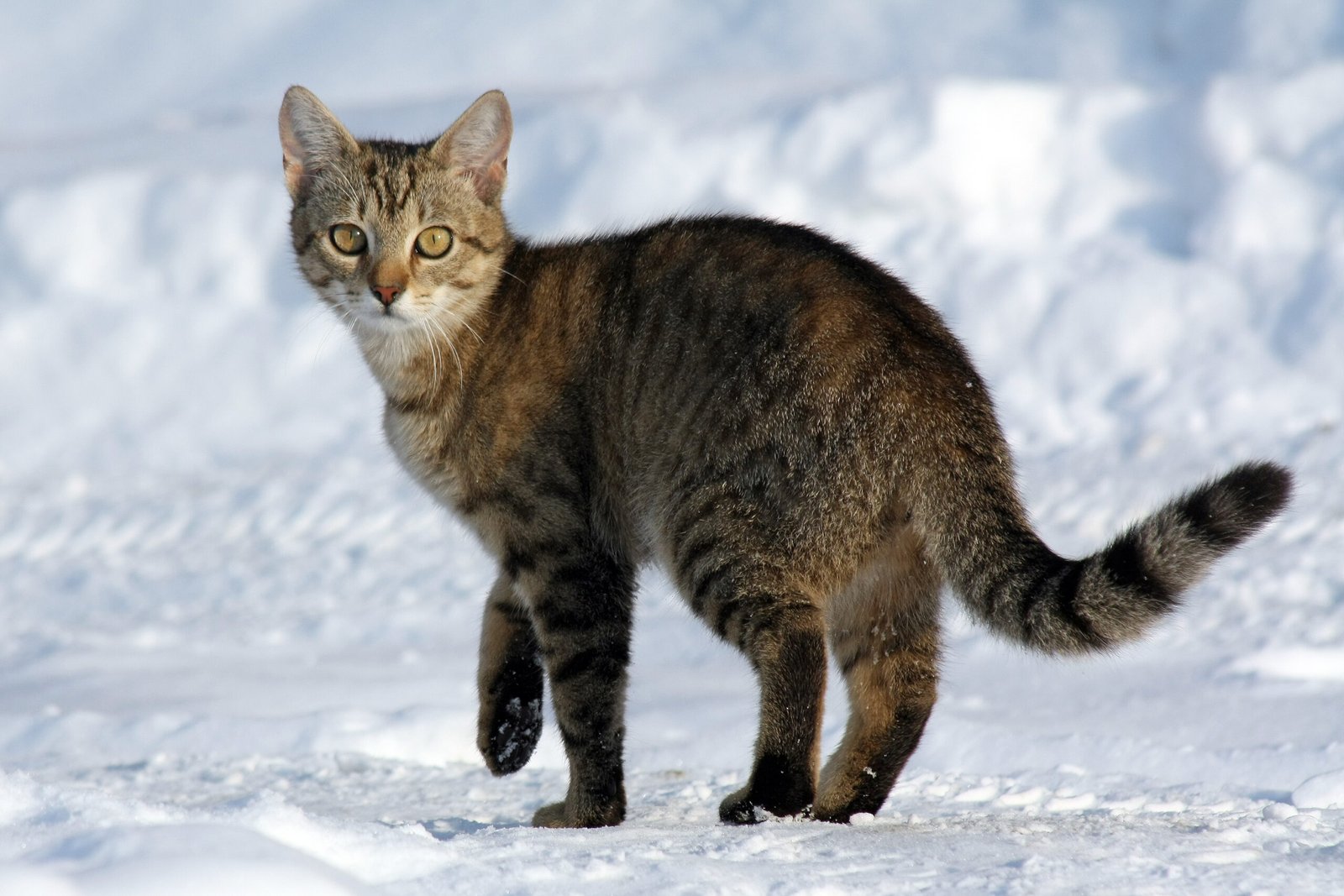
Cats can be quirky, independent, and sometimes downright stubborn. Living with them requires patience, flexibility, and a willingness to see the world through another’s eyes. Emotionally intelligent owners rise to the challenge, learning to interpret subtle signals and adjust their approach as needed. This ongoing process of learning and adapting builds resilience and deepens the human-animal bond, making every small victory feel especially rewarding.
Quiet Companions for Meditation and Reflection
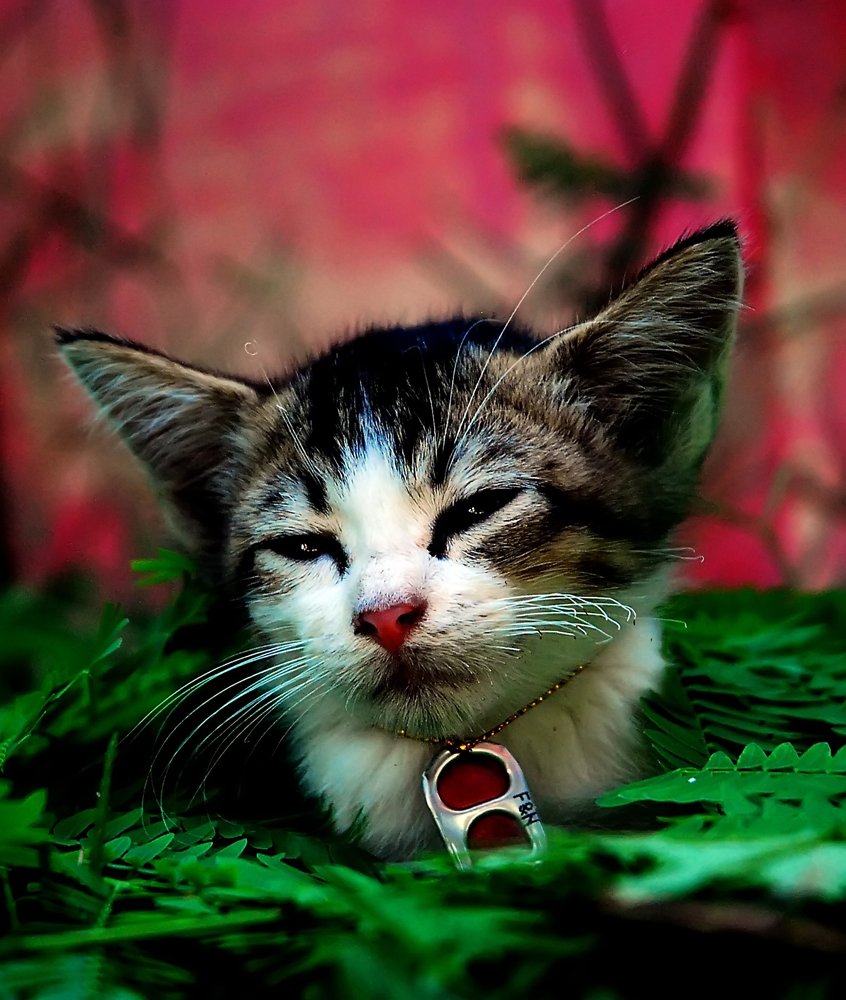
Many emotionally intelligent people appreciate moments of solitude for meditation, reading, or quiet reflection. Cats, with their serene presence, make the perfect meditation partners. They’ll often sit nearby, purring softly or napping in the sun, creating a peaceful atmosphere conducive to introspection. Their calm energy helps to ground the mind, allowing for deeper relaxation and a stronger connection to the present moment.
Adapting to Emotional Shifts
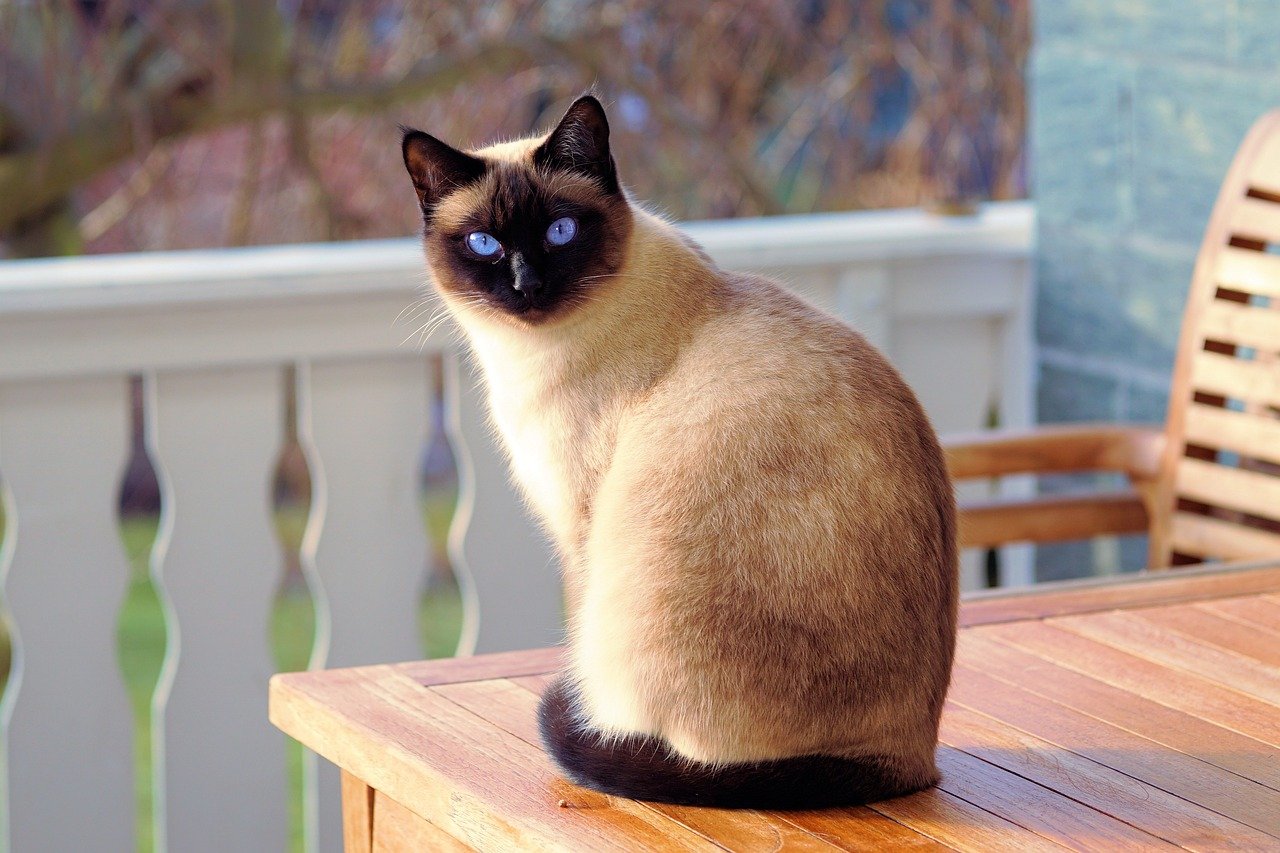
Cats are remarkably adaptable, able to recognize and respond to changes in their owner’s emotional state. If you’re joyful and energetic, your cat might become playful and affectionate. If you’re sad or weary, they’ll often become more subdued and gentle. This emotional adaptability makes cats uniquely suited to emotionally intelligent homes, where the ability to navigate changing moods is essential for harmony and understanding.
Supporting Mental Health
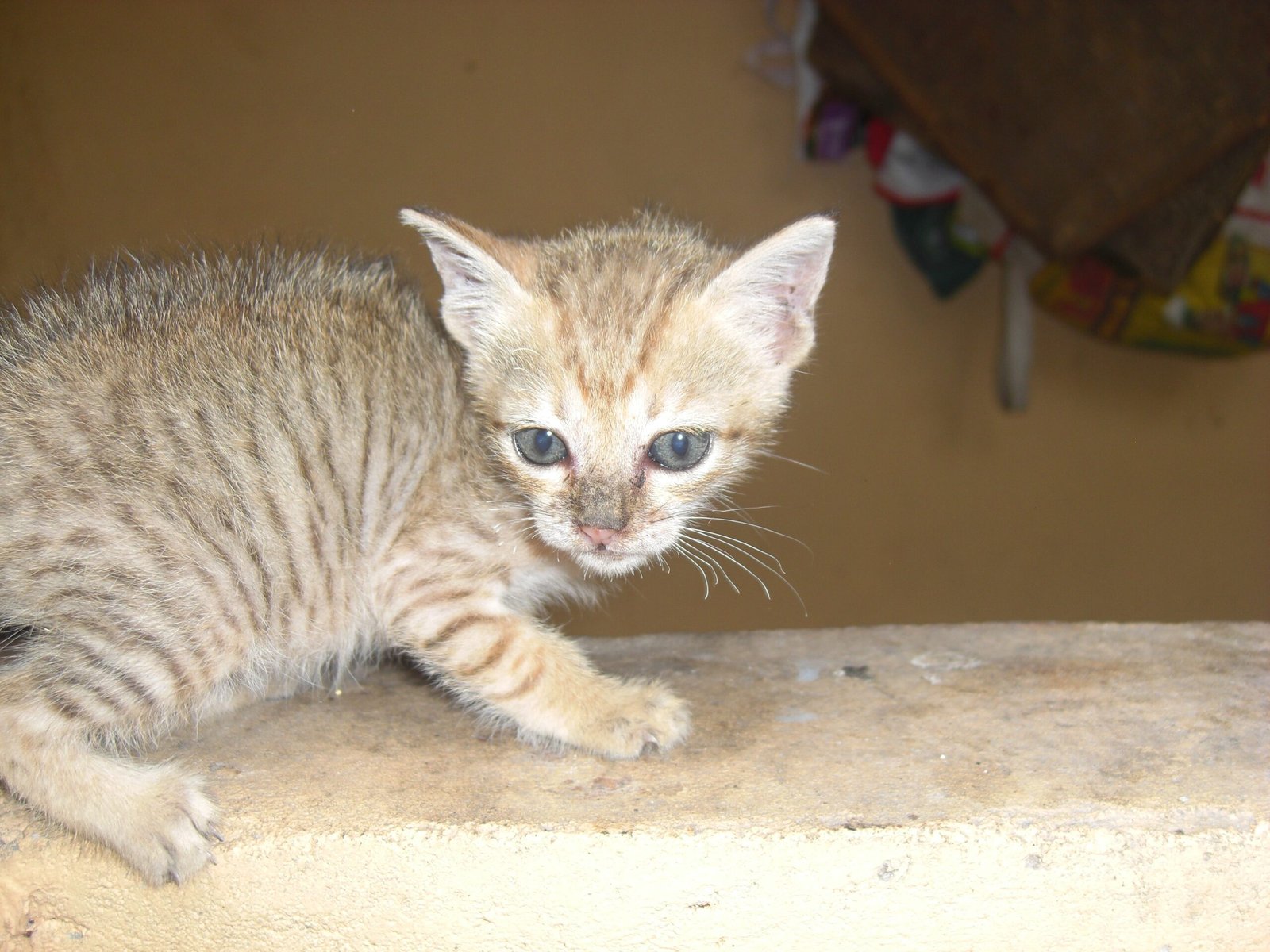
Numerous studies have shown that pet ownership, especially of cats, can have a positive impact on mental health. Their companionship can alleviate symptoms of depression and anxiety, providing structure and a sense of purpose. Emotionally intelligent people, who may be especially attuned to their own mental health needs, benefit greatly from the comfort and stability that a cat provides. The simple act of caring for a pet can be profoundly healing, offering hope and happiness even on difficult days.
Building Trust Through Subtle Affection
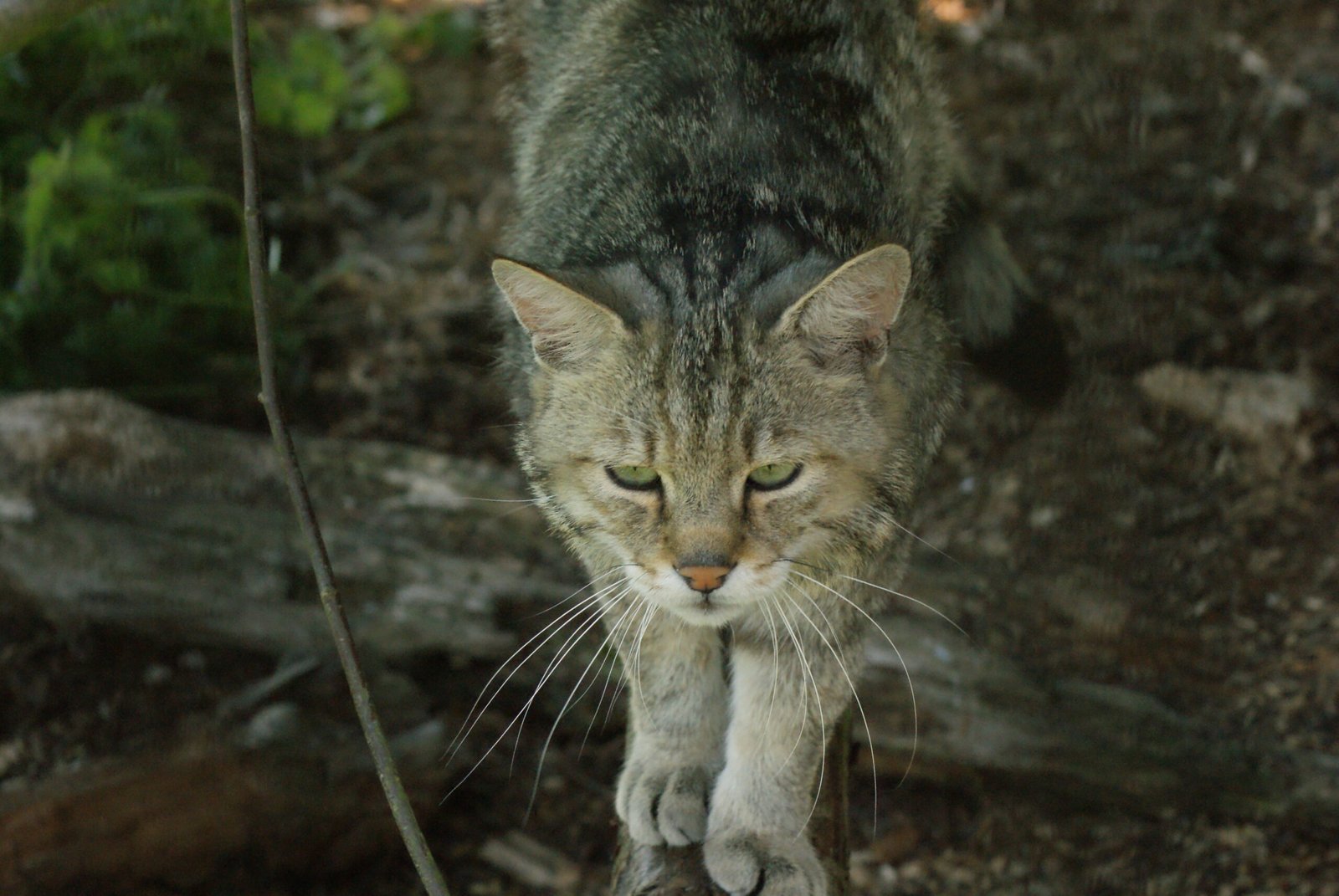
Cats are not always openly affectionate, but when they do seek out your company, it feels like a true honor. Their trust is earned slowly, through gentle gestures and shared moments. Emotionally intelligent individuals appreciate this gradual process, recognizing the depth of feeling that lies beneath a cat’s reserved exterior. This mutual trust forms the bedrock of a strong, lasting relationship—one built on respect, understanding, and genuine affection.
Enhancing Social Connections
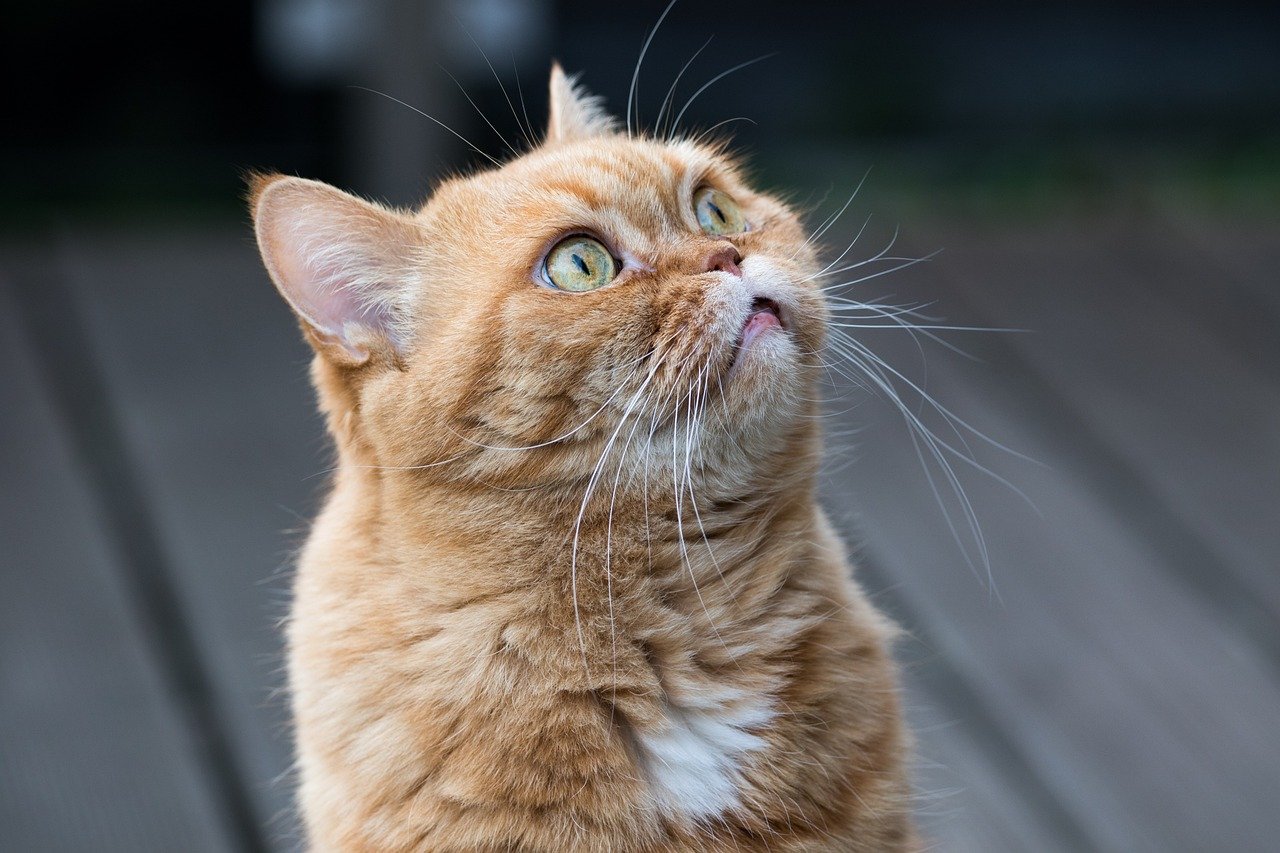
While cats are often seen as solitary creatures, they can actually help their owners build social connections. Cat lovers frequently bond over shared experiences, stories, and photos. Emotionally intelligent people, who value meaningful relationships, often find themselves part of a supportive community of fellow cat enthusiasts. These connections can lead to lasting friendships, shared laughter, and a sense of belonging that extends far beyond the walls of home.
Easy Integration into Different Lifestyles

Cats are flexible and adaptable, fitting seamlessly into a variety of household routines and living spaces. Whether you live in a bustling city apartment or a quiet suburban home, a cat can make itself comfortable almost anywhere. This adaptability is a gift for emotionally intelligent owners, whose lives may be busy or unpredictable. Cats’ ability to thrive in different environments makes them a perfect choice for people who value both companionship and flexibility.
Fostering a Calming Home Atmosphere
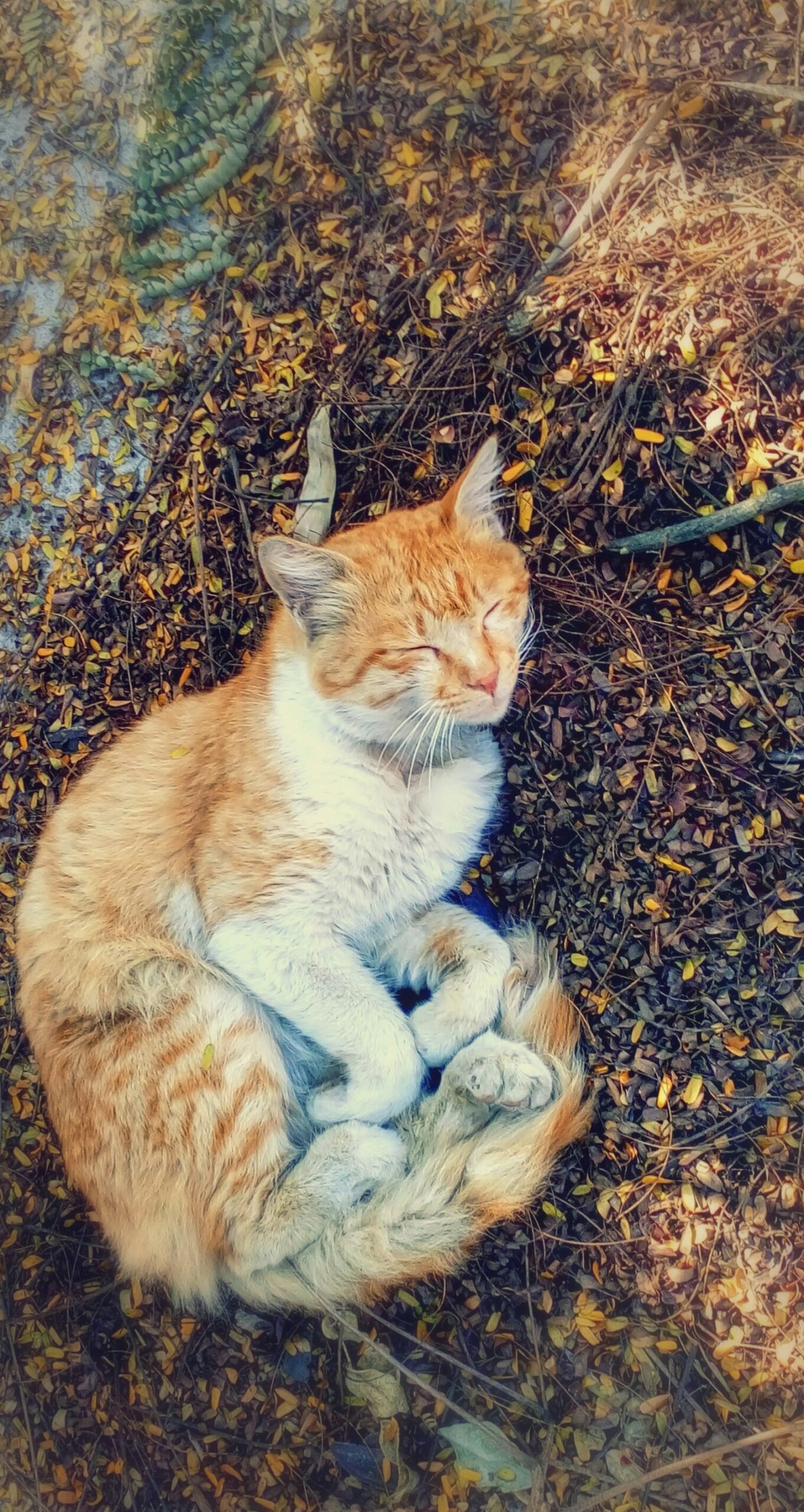
There’s a special tranquility that comes with sharing your home with a cat. Their gentle movements, soft fur, and quiet presence create an atmosphere of peace and comfort. Emotionally intelligent individuals, who are sensitive to the energy of their environment, often find that a cat’s presence helps to soothe tension and bring balance to daily life. The simple act of watching a cat nap or groom itself can have a surprisingly calming effect, transforming your home into a sanctuary of emotional well-being.
Nurturing a Lifelong Bond
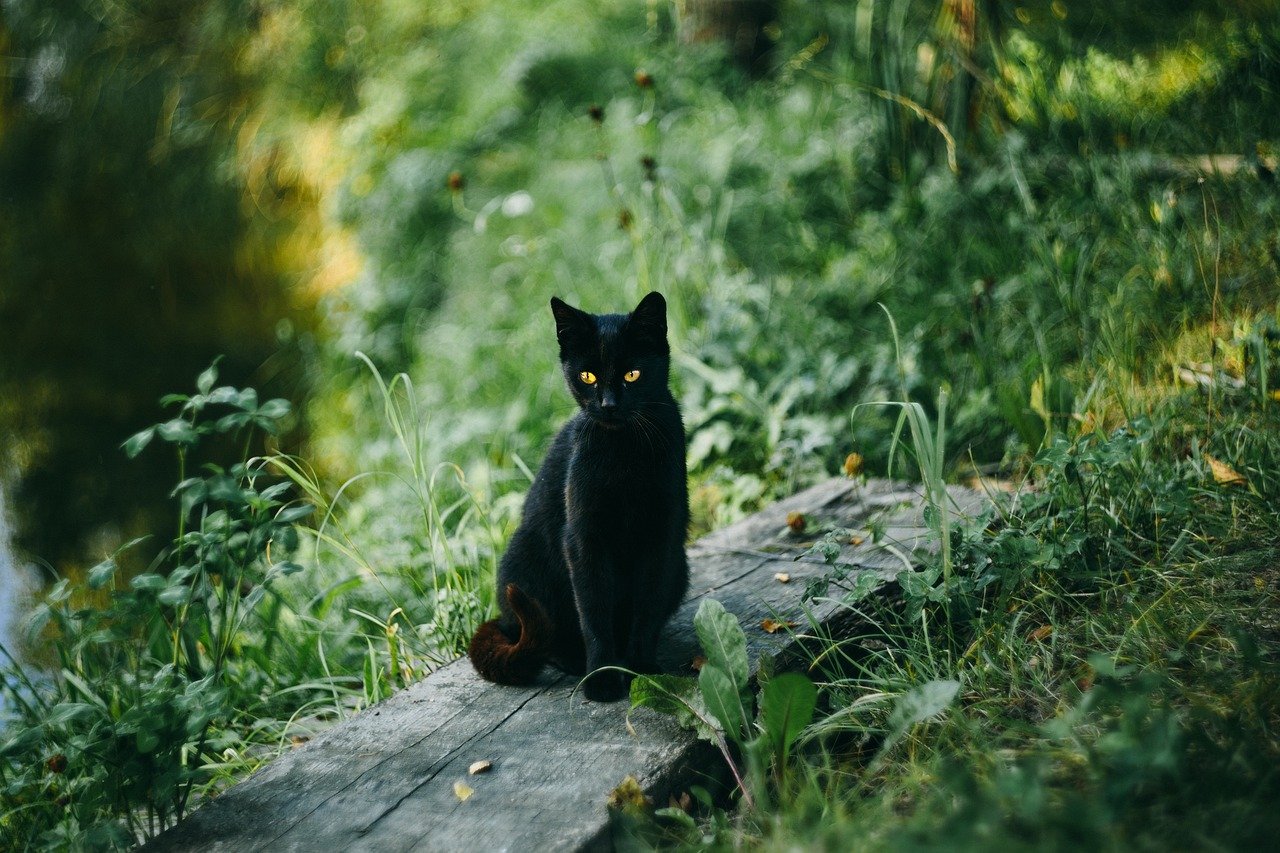
Cats may be independent, but they form deep, enduring bonds with their human families. Over time, these connections grow stronger, shaped by shared experiences and mutual understanding. Emotionally intelligent owners cherish this lifelong companionship, recognizing that the love of a cat is a rare and precious gift. The memories created together—of playful antics, quiet evenings, and moments of comfort—become an integral part of the fabric of home, enriching life in countless ways.
Hi, I’m Bola, a passionate writer and creative strategist with a knack for crafting compelling content that educates, inspires, and connects. Over the years, I’ve honed my skills across various writing fields, including content creation, copywriting, online course development, and video scriptwriting.
When I’m not at my desk, you’ll find me exploring new ideas, reading books, or brainstorming creative ways to solve challenges. I believe that words have the power to transform, and I’m here to help you leverage that power for success.
Thanks for stopping by, Keep coming to this website to checkout new articles form me. You’d always love it!






